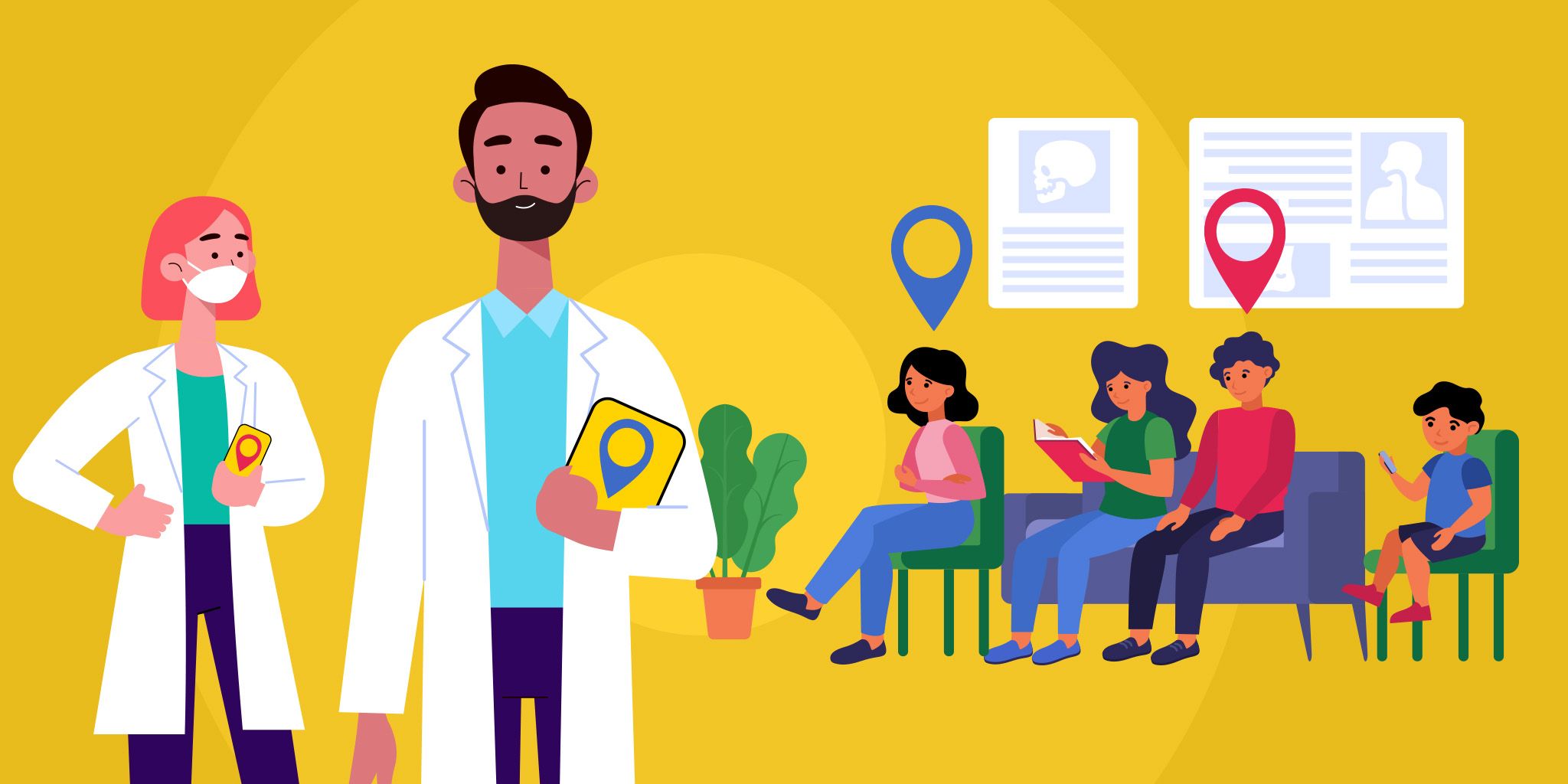My Week with Wynd and Why I’m Excited for a Healthier Future with Big Data
My Week with Wynd and Why I’m Excited for a Healthier Future with Big Data
- Last Updated: December 2, 2024
Isabel Harner
- Last Updated: December 2, 2024



When it comes to our health, we have a ton of options to monitor it via smart devices. Our phones are now pedometers to measure how far we walk, help us count calories and plan our diets. Wearables like FitBit and Jawbone allow even more in-depth insights like heart rate. But what about health factors related to our external environments--the food we eat, the air we breathe, and the water we drink?
There's a number of companies developing products to help us gain insights into these aspects of our environmental health, and I recently got to try one out for myself. If you're not familiar with Wynd, it's a smart home device that purifies the air in your personal space. It has two components, a sensor that reads the air quality around you and a filter that purifies the air. The sensor can be separated from the device and carried around anywhere.
The app also gives you the option to download Wynd's data app called Air Bubbles, where you can see the quality of air pockets all around the world.
In the app you can see the air quality outside and inside your immediate environment (detected by the sensor) as well as the air quality in locations around the world via Air Bubbles. You can turn the device on auto mode, where the filtering is stronger depending on the air quality, and turn on night mode (lights off).
[caption id="attachment_6416" align="alignnone" width="157"]

[caption id="attachment_6416" align="alignnone" width="156"]

[caption id="attachment_6416" align="alignnone" width="155"]

As I mentioned, Wynd has two components, the sensor and the filter, and I used the two differently.
In my apartment, the Wynd sensor detected that the air quality was actually pretty poor. Because it's a new building with new paint and a bunch of dust from moving in, I wasn’t too surprised, but it was still concerning. I kept the device on auto mode while I was home, and the air quality seemed to get better over the course of the week.
The device does not have the range to clean a multi-room household, but for someone who lives in a studio apartment like myself, it was perfect.
[caption id="attachment_6414" align="aligncenter" width="540"]

While I kept the filter in my apartment, I took the sensor around with me so I could gauge the air quality of my different environments. I personally found the sensor to be the coolest component. First of all, it alerted me that my air quality wasn't great in my apartment, which I'm really glad to know so I can take steps to improve it.
I took it to work, to a hotel I stayed in, and on a trip to Michigan. It was pretty cool to get the reassurance that the air I breathe in my different environments is generally pretty good. If it wasn’t, the filter is portable and easy to bring to a new space.
[caption id="attachment_6415" align="aligncenter" width="718"]

My week using Wynd made me more aware of my environments and inspired me to learn more about how to better my air quality. When I found out the air quality in my apartment was poor, it was great to have a device that can start bettering it right away--because what good is this kind of data if you're not sure what to do with it?
As much as I liked Wynd on a personal level, what is so cool about products like this is the potential insights they provide on a macro scale.
Air pollution is responsible for 7 million premature deaths every year. Imagine if every person had a sensor like the one Wynd provides. We would all become mobile environmental monitoring systems, allowing scientists to crowdsource pollution maps and get to the root of problems before they even start.
I’m excited about a future where we have access to huge databases of information about health factors, not only for our personal health, but those related to the general public as well, like air and water quality. This will allow scientists and communities to identify problems before they occur, and allow us even greater insights into our health.
The Most Comprehensive IoT Newsletter for Enterprises
Showcasing the highest-quality content, resources, news, and insights from the world of the Internet of Things. Subscribe to remain informed and up-to-date.
New Podcast Episode

IoT in 2026: Trends and Predictions
Related Articles





